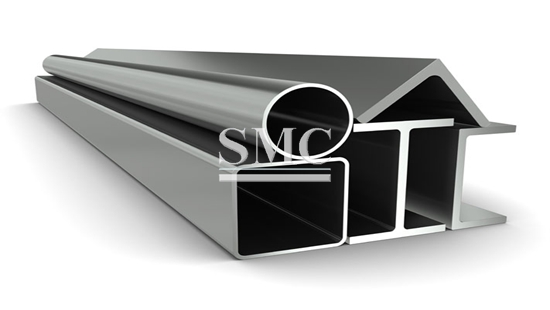
- Company overview The heart of SMC Vision & Philsophy Partnership Certifications Company culture
- Our service Design and Engineering Maintenance and Service Examine Production Line Upgrade and Transformation Storage and Logistics Processing, Trading and Distributor
- Management Our history Global responsibility Info Center
- Procurement center Internship
- Metal Steel Products Stainless Steel Products Aluminum Products Copper Products Galvanized Steel and PPGI Special Alloy Building Material
- Containers ISO Standard Container Equipment Container Storage Container Refrigerated/Reefer Container Offshore Container Container House Tank Container Container Fittings Container Trailer
- Gas Cylinder & Fire Extinguisher Cryogenic Liquid Cylinder Oxygen Gas Cylinder Storage Tank CNG Gas Cylinder LPG Gas Cylinder Hydrogen Gas Cylinder Nitrogen Gas Cylinder Industry Gas Cylinder Fire Extinguisher
- Metal Machinery Forming Machine Cutting Machine Processing Machine Bending Machine Block Machine Other Machinery Motor Spare Parts
- Mechanical Products Miscellany Mooring Equipment Marine Equipment Vehicle Industry Pressure Vessel Conveyor Belt Laser Equipment Bearing
- Electrical System Power Distribution Automation Electrical Cable Solar Power System Electric Protection System Transformer Production Line Lighting System
- Project Plastic Pipes and Pipe Fittings Fiberglass Reinforced Plastic Pontoon System
Steel, The World’s Most Recycled Material
Steel, The World’s Most Recycled Material
Steel, an alloy of iron and other elements such as carbon, is often used for it’s strength and affordability. In addition to those qualities steel is also extremely sustainable. In fact, steel is the number one recycled material worldwide. In the year 2012, the recycling rate of steel reached eighty-eight percent. This means that more than two out of three tons of steel produced is derived from recycled steel. The highly sustainable nature of steel reduces pollution and conserves energy while maintaining quality.

The process to recycle steel requires less energy than producing new steel. There are several ways the steel industry reduces its output of pollution, reuses its products and resources, and recycles. The sources for steel recycling come in three forms: home scrap, prompt scrap and obsolete scrap. Home scraps are steel leftovers and by-products that are produced in the steel mill that are then recycled and reused within week’s time. Prompt scrap is the remaining steel of manufactured products and can be available for use within months of production. Obsolete scrap is the scrap of manufactured goods such as cars, appliances, and construction products that are recycled at the end of their use, which can take years or decades to recycle. The steel industry not only recycles the steel itself, but it also recycles and reuses the by-products of steel production as well. Steel companies reduce their water and other liquid usage by reusing it in production. In addition, steel making dust and sludge is refined so that other materials such as zinc can be acquired and reused. These recycling efforts contribute largely to environmental protection efforts.
In total the recycling efforts of the steel industry reduces energy usage, water usage, and air emissions released into the atmosphere. Recycling steel reduces the energy use by 455,000 kilowatt hours annually or 10%. It also reduces water usage by 13% and total air emissions by 7%. The various sources for steel recycling all have the same outcome, high quality and sustainable steel products that have no degradation in performance when compared to steel produced with non-recycled steel. These efforts to recycle steel have a positive impact on pollution and environmental protection. The benefits of the durable, low-cost, and sustainable nature of steel are reaped by producers and consumers globally while maintaining an upstanding environmental conscience.
Shanghai Metal Corporation is a trusted aluminum alloy, aluminum foil price, stainless steel price and stainless steel manufacturer, kinds of stainless steel in china.
